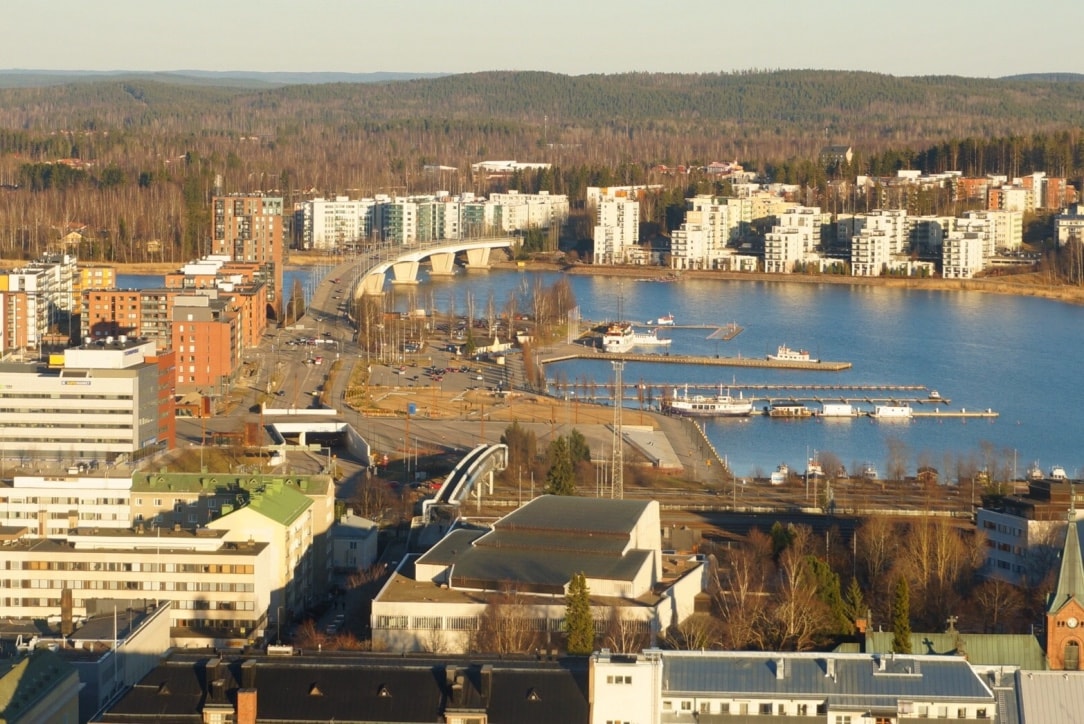My Experience of Master’s Degree in Finland -Part 2-
In the previous blog post (Part 1), I introduced some of my experience mainly about student life in Finland.
In this post, I want to focus on three topics that blew my mind or shaped my sense of value during my student life.
Table of Contents
1. Living as a “foreigner” in Finland



1.1. Struggle & Concerns
Living by myself in a different culture is not easy.
In general, Finland is such a liveable country for foreigners. However, living as a foreigner in other countries can be lonely, stressful, and worrying.
For example, some daily activities or things to take care of in the daily life, such as going to hospital, or finding apartments, could be tricky if you are not used to living there.
Besides, culture shocks give you a variety of new experience, ways of thinking, and sense of value.
Even though I was sometimes confused and also irritated by the culture shocks, I was able to manage to handle them and learned so many things from the experience thanks to FINNISH FRIENDS.
1.2. The existence of friends
Those kind, warm-hearted people were super nice and helpful to this Japanese guy who didn’t even know how to pronounce the name of Jyväskylä, a city where the university is located.
I strongly think that the presence of local friends is a big part of something that affects your life positively especially for a person living abroad. Therefore, I have so much to be thankful to those who helped me.
At the same time, I realised that I could now also be the one who helps foreigners who strive to achieve things in Finland or also in Japan.
It’s now time to Pay It Forward.
Through those experience, overall, I learned to consider the hearts of others, or I developed a bit more sympathetic emotions towards other people.
2. Education as a lifelong learning



2.1. Classmates in a wide age group
First thing I was surprised at the university courses was individuals in a wide age range.
For example, there were middle-aged business person, a former entrepreneur who was already retired, a woman who always came to the lectures with her one-year-old baby, and so on.
Some of my classmates were still in their early twenties who came straight to Finland after their bachelors and the others were a bit or a lot older individuals who have some or much working experience.
It seemed that nobody, including other students and the professors, did not really care the ages of each student.
2.2. Continued leaning/Continuous education
The basic idea behind this wide age distribution at classrooms in an university is education as a lifelong learning.
In Finland, regardless of whether you are young or not, have a degree or not, or you have a family or not, everybody has a variety of options for education.
Education here includes university degrees, courses offered by universities (also known as “open university”), various courses from adult education center, and so on.
People in Finland take those educational opportunities with the aim of having better careers or for fun.
That’s actually one good way to make your life richer in many ways.
3. Appreciate and enjoy little things in a daily life



3.1. Finland as the world’s happiest country
During my student life, I’ve heard news that Finland was ranked as the happiest country in the world by the several different international organisations.
This has been very interesting topic to think in various ways. While it is such a nice country to live, Finland is also known as a dark, cold, and gloomy country during winter.
Plus, although this is my personal impression, Finns don’t really show off the happiness, or at least I don’t often see people oozing happy emotions.
However, after almost three-year of my life in Finland, I understood that Finnish people generally have their own attitude of mind or mode of thought.
3.2. Finnish mindset
After I spent much time with Finns and also had chances to visit local Finnish family’s homes, I realised that many Finnish people appreciate what they have and try to enjoy them in their daily life.
In other words, Finns are good at devising small creative solutions to various limitations, such as dark, gloomy winter weather, expensive restaurants, shops that are closed on Sunday, and so on.
For example, many Finnish houses have simple but cozy, sophisticated interior designs as well as chic plates and utensils. They put candles during dinner time which give warm atmosphere and “light” during the cold, dark winter time.
In my opinion, these small efforts in the daily life enable them to enjoy every little moment in the living environment with such limitations.
I personally understood that Finns know how to find their own happiness through a sense of appreciation and abundance without having high expectation for outside environment.
4. For the next chapter of my life…



Overall, coming to Finland to pursue my master’s degree was one of the best decisions I made in my whole life.
Now it’s time to focus on what I want to do, what I can do, and how I want to contribute to the Finnish society.
I’m not a hundred percent sure about my clear career path, but I know that things will work out so I will follow my intuition and go with the flow.
One thing I know is that I’d like to have my own businesses in the global scale and contribute to the society through them as well as enjoy life with like-minded people and family.

